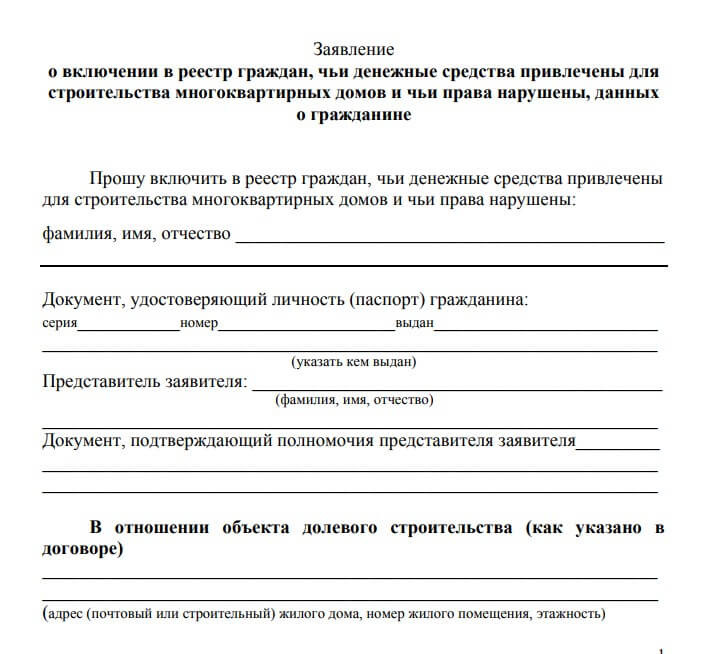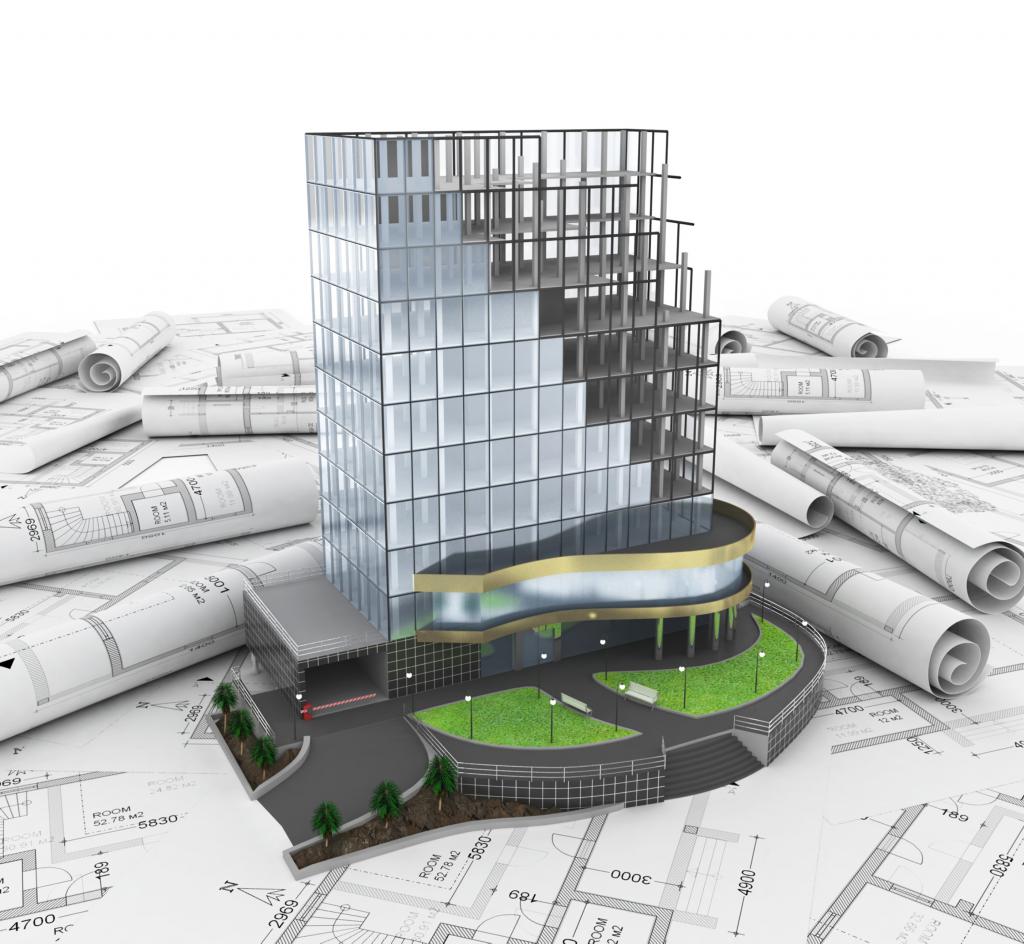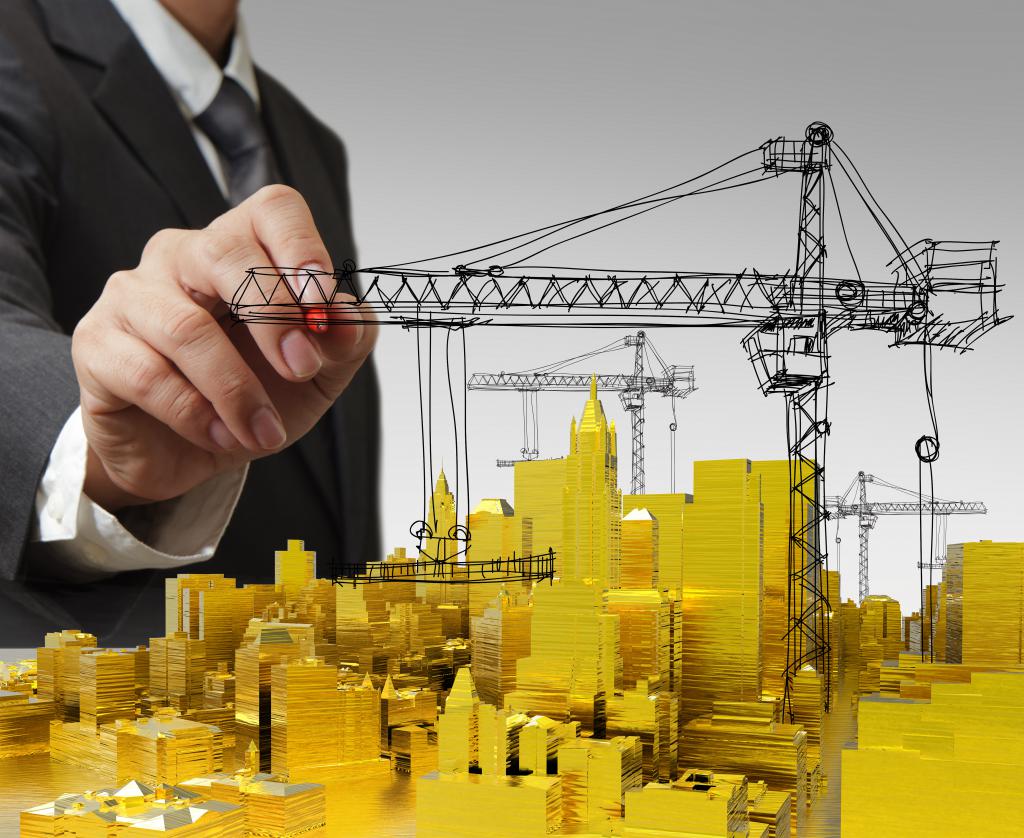Not everyone can afford their own apartment, this is the reality. A more or less affordable way to purchase housing in a metropolis is to invest in the construction of a future residential building at an early stage of its construction. According to this scheme, a huge number of new buildings were built, and millions of interest holders were lucky to move into new housing. But unfortunately, not everyone is lucky, there are many unscrupulous developers who are in no hurry to fulfill their obligations. A huge number of deceived equity holders have been waiting for their housing for years, and their number is constantly growing.
Interest Risks
Shared construction has always been considered a risky business. It happened from the very beginning, when such an opportunity was just beginning to appear. Time passed, but the situation has not changed much. Of course, after the adoption of the 214 Federal Law, the protection of interest holders increased slightly, the risks decreased. Finally, after many years of building anarchy, the state recognized the problem and took control of it. In the current situation, it is difficult to imagine an option in which equity holders who have entered into a DDU agreement will lose everything. In any case, they will be able to return their own funds, even if it comes to a standstill. But despite this, there are no fewer deceived equity holders, their ranks are constantly replenishing.

The most common risks
There are several most common situations created by unscrupulous developers:
- Bankruptcy. No matter how the DDU agreement is drawn up, no one can guarantee that the organization will fulfill its obligations and not go bankrupt. The developer can declare bankruptcy on their own, or contractors can initiate the process.
- Partial failure to fulfill the terms of the contract. For example, the agreement states that the shareholder must receive a living space with decoration, gas and electrical wiring. But an unscrupulous developer gives him the “bare walls”, without any communications and finishing work. To avoid this situation, before signing the contract, it is recommended to analyze the judicial practice of the selected company. In addition, it will be useful to check with the blacklist of developers. If there is a judicial practice, accordingly, the likelihood of violations by the company increases.
- Protracted construction. The deadlines for the commissioning of an object in the construction sector are often postponed upward. Verification of the developer and the study of judicial practice will also help to identify such cases. An analysis of the information will help to conclude whether he is fulfilling his obligations related to the transfer of residential property into ownership. Accordingly, it will become clear whether to conclude an agreement with him or not.

What else to expect from developers
The following situations are also common:
- Lack of communications. One of the common problems of Russian new buildings is the lack of communications or the long waiting time for their installation. For example, houses were erected, but communications were not connected due to the fault of the administration. What to do in this case? Who to sue - the developer or the administration? To avoid this situation, you should study in detail the registry of unscrupulous developers, project documents, the availability of all building permits, commissioning and connection of communications. Often the problem is the lack of one of the permissions.
- Shifting responsibility.The construction industry is complex. The shared construction agreement is concluded with one organization, financing is provided by the second, the developer is the third. As a result, there is no one to make a complaint, since everyone transfers responsibility to each other. In this situation, the danger is that the chain may break, and square meters will simply be lost. It can be extremely difficult to prove the connection of specific legal entities.
It is important to understand that it is possible to reduce risks both in the process of concluding a DDU agreement by checking information about the developer, and at the project development stage. In case of violation of the rights of the interest holder, issues are resolved in court.

The situation with long-term construction in the capital
According to the latest published data, 24 unfinished facilities are located in the capital. One of the first places in the rating of unscrupulous developers is occupied by the construction organization "SU-155". In relation to her, a reorganization procedure is being initiated, initiated by the Russian Capital financial company. In 2015, the developer had about seventy long-term construction projects in the Moscow region. Almost half of them were commissioned in 2016. The rest of the plan should be built by the end of 2020.
LCD "Tsaritsyno"
One of the largest long-term construction projects in the capital is the Tsaritsyno residential complex. It consists of 26 houses. The deceived real estate investors of Moscow, who have invested in construction, have been waiting for their legal meters for more than 10 years. Not so long ago, the city authorities chose a new investor, but construction is extremely slow. According to the latest data, the object is promised to be completely commissioned by 2021.
LCD "Triumphal"
The next well-known long-term construction is ZhK Triumfalny (the first name is Kutuzov Mile). The construction of the house was launched back in 2001 and has been going on for almost 17 years. During this period, not only the company that set to work has changed, but at the moment the complex is among the unfinished facilities. At the moment, they promise that the deceived real estate investors in Moscow will receive their apartments in the spring of 2019.
This, of course, is a scanty part of a huge list of problematic objects. Today, the authorities, in conjunction with a complex of urban planning policies in Moscow, are carrying out enormous work with these buildings. New investors are attracted to construction sites, funds and subsidies are allocated for the completion of projects. Affected by unscrupulous developers are entered into a special register and receive support from the state.

But unfortunately, the number of unfinished objects decreases very slowly. New problem complexes are added to long-term construction. The registry of deceived equity holders is replenished with new citizens.
List of deceived equity holders: how to get
Deceived are citizens who have invested their own funds in the construction of a residential building, but have not received housing within the time period specified by the contract. However, not everyone can count on the inclusion of defrauded equity holders in the register and receiving state support. A complete list of criteria for obtaining official status is given in Order of the Ministry of Regional Development No. 403.
The necessary conditions
If you became a victim of an unscrupulous developer, you must submit an application for admission to the register of defrauded real estate investors. But in order to implement this and get support from the state, it is necessary to meet the established criteria. A person can be recognized as a victim in the following situations:
- Work on the construction of the building was suspended by decision of local authorities, and this happened more than 9 months ago.
- A decision was issued to suspend work at the frozen facility. At the same time, it should be obvious that the building will not be commissioned within the prescribed time.
- The facility does not comply with design documentation and technical requirements.
- Putting the building into operation is delayed by at least 9 months. The countdown is made from the day specified in the contract DDU.
- The developer has lost the right to own and use the site on which the residential complex is being built.
- Liquidation or bankruptcy of a construction company.
- The interest holder is recognized as a victim by a court decision.
- The developer is prosecuted.
- Double sale of a residential property. This fact is confirmed in court.
Caught in one of these situations, a citizen has the right to register as a deceived equity holder. If you do not fall under any of the items, then most likely, entry into the registry will be impossible.
Where to go
To register as a victim, the shareholder must submit the established package of documents to the appropriate authority. The appeal is registered with local authorities depending on the region. To get a positive decision, you should familiarize yourself with the application template approved by the Ministry of Construction of the Russian Federation in advance. A sample document can be seen below.

Documents should be submitted immediately after the condition that meets the criteria for entering the registry.
List of required documents
The application will be considered only if there are no errors and all documents established by law are attached to it. The full list is as follows:
- Passport. In its absence, the presentation of a military ID or a foreign passport is allowed. In addition, photocopies of all pages of the document must be attached.
- An agreement on shared participation in the construction of an object or any other official document confirming the right to demand a living space from a developer.
- Statement. It can be downloaded and filled in according to the sample. This will help to avoid errors and return documents. The application should contain a request for inclusion in the register of victims of an unscrupulous developer.
- Court decision in a case against a construction company. Paper is required if the interest-holder submits a complaint to the developer. If, by a court decision, a person was found to be affected, then this should be documented.
- Checks, receipts confirming the transfer of funds. It is extremely important to confirm the fact of transferring money to the developer. Moreover, the entire amount must be paid. You can provide a bank check, statement or certificate issued by the construction company.
- Recognition of the bankruptcy of the developer. The arbitral tribunal or the regional authorities make this decision. This document is not mandatory, but may be required if the construction company was declared bankrupt.

Without these documents, it is impossible to confirm that the citizen was indeed an interest holder of the facility being constructed. Accordingly, if at least one document from the specified list is not available, then registering in the register of defrauded equity holders will fail.
In addition, there are other reasons why you may be denied.
Who does not have the right to enter the registry
If the equity holder does everything right, then he has every chance to be in the registry and receive state support. Therefore, before applying, you should carefully read the reasons for refusal. This will help to avoid it. The reasons may be the following:
- Your situation does not fully meet the established criteria.
- The developer has fulfilled all obligations to equity holders prescribed in the equity agreement.
- An incomplete set of documents has been submitted.
- The share agreement is not registered in Rosreestr.
- The land on which a residential building is being built has a different purpose.

In all other cases, the answer should be yes. If the decision does not suit you, then you should contact the authorized body with a request to clarify the situation.
Conclusion
Despite the large number of risks and many unfinished facilities, millions of equity holders continue to actively invest in shared construction.Thanks to these people, on the streets of the city, new, equipped residential neighborhoods are constantly being built. In order for participation in such a project to end with a housewarming, and not membership in the register of defrauded investors, it is necessary to carefully check the construction companies that have attracted you and draw up an agreement exclusively within the framework of 214 Federal Laws.
